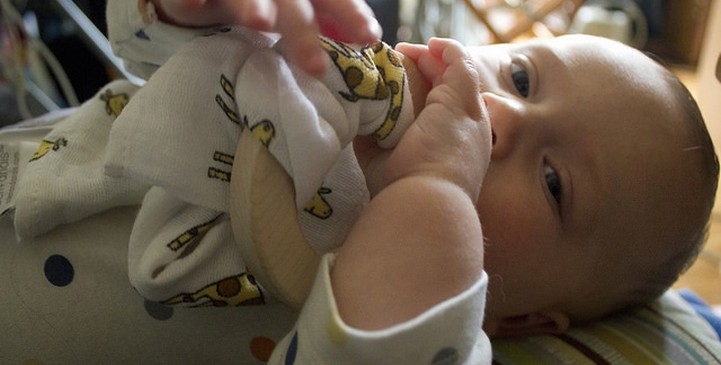
Caring for a baby who cries constantly can be exhausting and overwhelming for child care providers. It’s easy to get frustrated and angry when nothing you do seems to calm the baby down. Here are some ways to calm a crying baby (or several babies) in a group setting. But never shake a baby! If you shake a baby you can cause permanent damage or death. Babies have large heavy heads and weak neck muscles. When a baby is shaken, …




